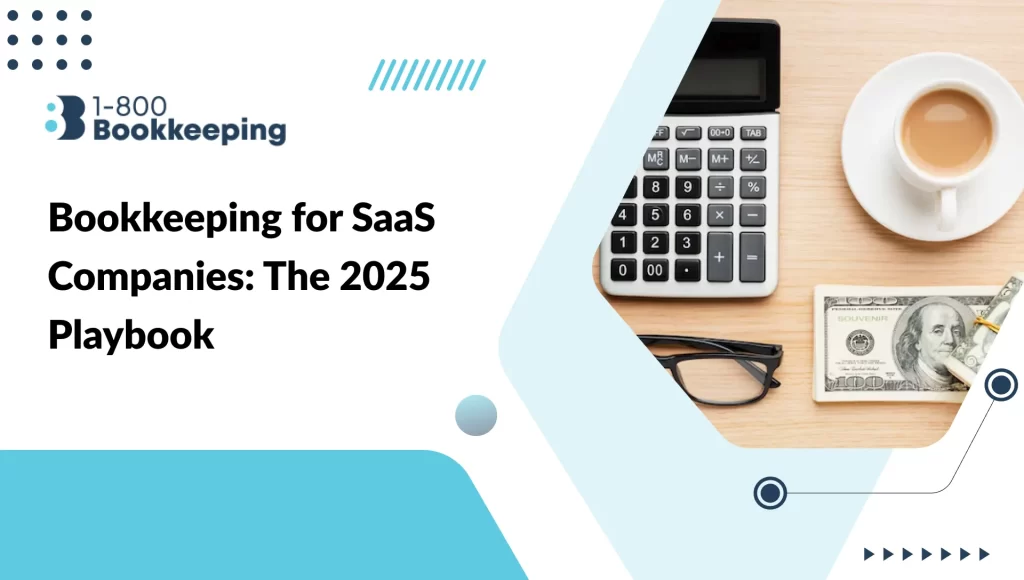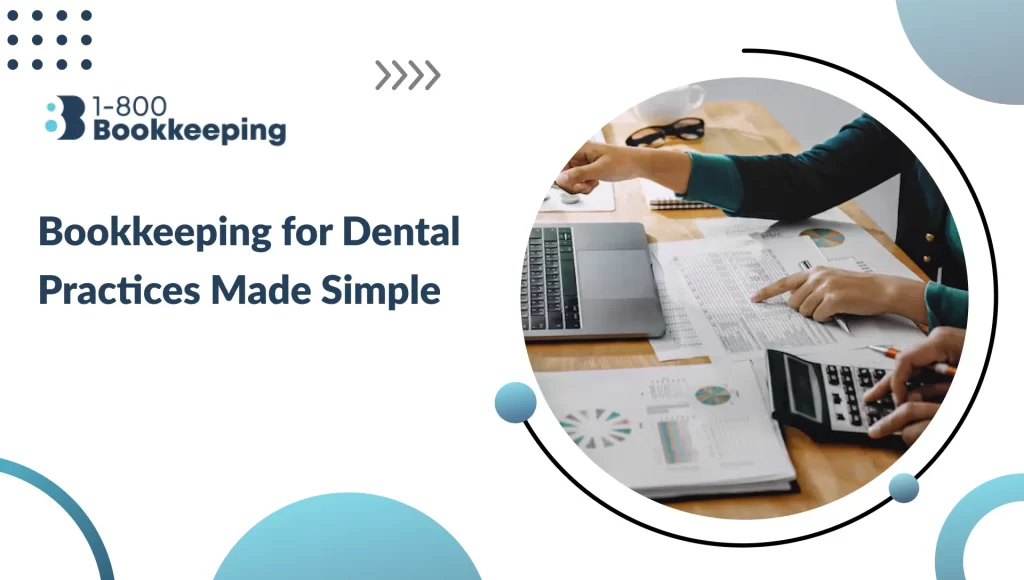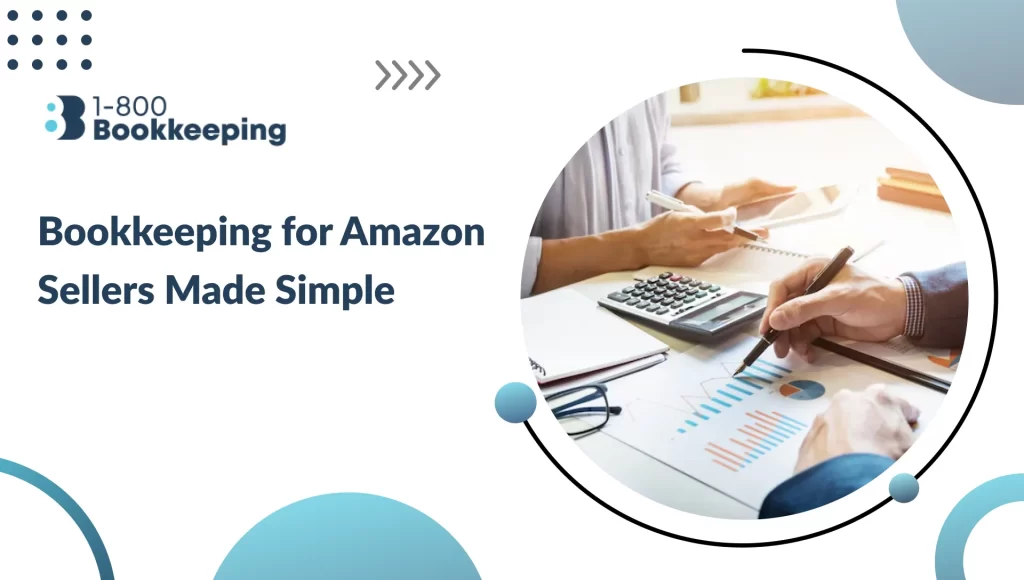Ethics in accounting practices stands at the heart of public trust and economic stability. When professionals prioritize moral principles, they create reliable financial statements, instill confidence among stakeholders, and shield organizations from reputational or legal harm. Various journals such as The CPA Journal and the Journal of Accountancy emphasize that ethics transcends mere compliance. It shapes leadership, educates upcoming professionals, and promotes cultures rooted in accountability.
Below, we explore the evolution of ethics education, core decision-making frameworks, leadership strategies, the necessity of independence, and the broader imperative for sustainable, responsible accounting. The aim is to show how these threads unite into one robust tapestry of ethical practice.
The Evolution of Accounting Ethics Education
From Rules to Principles
Early ethics instruction often outlined codes of conduct for students to memorize. While this approach introduced fundamental rules, it barely captured the moral depth of real-world accounting scenarios. A principles-driven strategy soon emerged. Rather than teaching “don’ts” in isolation, educators began addressing why honesty, transparency, and fairness undergird every professional action.
Experiential Techniques
Modern classrooms employ debates, simulations, and role-playing. Instead of passively reading cases, students face dilemmas that challenge their judgment. They might, for instance, simulate an audit where a client requests aggressive revenue recognition. Such exercises give learners hands-on experience in spotting ethical conflicts and applying professional standards before they enter the workforce.
Integrating Ethics Across the Curriculum
Rather than confining ethics to a single course, many institutions embed it into financial accounting, auditing, and tax classes. Assignments might require students to examine whether a newly enacted regulation aligns with or contradicts fundamental ethical principles. By graduation, students see accountability not as an afterthought but as an integral part of every accounting function.
Involvement of Professional Organizations
Groups like the American Institute of Certified Public Accountants (AICPA) reinforce these educational shifts by setting ethics-related requirements in exams and continuous professional education. They also publish updated frameworks to address cybersecurity risks, data analytics, and sustainability issues, ensuring that new accountants have both the technical and moral grounding to navigate evolving challenges.
1-800 Bookkeeping: Support for Ethical Accounting
1-800 Bookkeeping offers businesses a chance to manage their finances with consistent, conscientious accounting. Their professionals maintain rigorous standards across every financial report, ensuring regulatory compliance and honoring ethical principles that safeguard clients’ interests. This dedication mirrors the themes found in accounting journals: strong moral conduct paired with technical expertise. Learn more about their services at https://1800bookkeeping.com/.
By partnering with a service that balances regulatory know-how with a focus on integrity, organizations build credibility in their financial data. This approach helps prevent oversights or ethical pitfalls that can tarnish reputations. With an emphasis on transparency, accuracy, and ongoing education, 1-800 Bookkeeping ensures companies remain on track for responsible, sustainable growth, further reinforcing trust in the accounting profession at large.
Foundations of Ethical Decision Making
PLUS Model
Many accountants now use the PLUS Model (Policies, Legal, Universal, Self) for structured reasoning:
- Policies: Organizational guidelines must be respected.
- Legal: Actions should comply with the law.
- Universal: Decisions must uphold universal principles like honesty and fairness.
- Self: One’s personal moral code should also endorse the decision.
This framework helps professionals reconcile conflicting interests. A decision might adhere to policy but clash with personal conscience, prompting deeper reflection.
James Rest’s Model of Moral Behavior
James Rest’s four-step model — moral sensitivity, moral judgment, moral motivation, and moral character — stresses that ethics extends beyond intellectual understanding. Even if a person recognizes the right path, moral motivation (the drive to do what is right) and moral character (the resolve to follow through) determine whether they act ethically.
Blending Models in Education
Many universities integrate these frameworks into group projects and case studies. Students might investigate alleged financial statement fraud and then apply both PLUS and Rest’s model to justify their recommended course of action. They learn how personal values intersect with regulatory directives, making the leap from abstract theory to applied ethical decision-making.
Developing Ethical Leaders
Leadership Traits That Nurture Integrity
Research in The CPA Journal points out that ethical leadership hinges on accountability, consistency, and empathy. Leaders who own their mistakes and align their conduct with stated values earn employee trust. Empathy allows them to see how decisions affect shareholders, junior staff, and the broader public.
Training and Mentorship
Workshops on conflict resolution or real-life case studies help future leaders handle moral gray areas. Mentorship programs bring less experienced accountants into direct contact with seasoned professionals who model ethical behavior. These relationships offer guidance when work pressures like tight deadlines or budget cuts threaten to compromise integrity.
Creating an Ethical Culture
Effective leaders build systems that reward openness. They might institute a whistleblower hotline, celebrate employees who identify potential risks, and highlight examples of upright behavior. This culture of transparency encourages staff to speak up early, limiting potential damage from ethical lapses.
Overcoming Leadership Challenges
Ethical leaders face constraints such as aggressive financial targets or resource shortages. They can respond by candidly communicating trade-offs to stakeholders and advocating for long-term gains over short-term fixes. Organizations that genuinely back these tough decisions cultivate leadership that remains unwavering in its moral commitments.
Strengthening Ethics and Independence
Importance of Independence
Auditors safeguard public trust by verifying an organization’s financial statements without bias. Independence in both fact and appearance ensures market confidence. If accountants risk conflicts of interest like personal relationships with a client, their impartiality is undermined, endangering credibility.
Core Principles
The Journal of Accountancy underscores principles like integrity, objectivity, and professional due care. Accountants must learn to detect and address threats to these values, from conflicts of interest to undue client pressure.
Conceptual Framework for Independence
A conceptual approach guides professionals to:
- Identify threats such as financial, family, or employment relationships.
- Evaluate their seriousness.
- Apply safeguards like rotating staff or declining an engagement.
If no safeguard can mitigate the risk to an acceptable level, withdrawing from the engagement becomes the ethical duty.
Emphasizing Proactivity
Independence is not just about meeting written requirements. Proactive accountants address perceived conflicts even if they do not explicitly breach rules. This transparency reassures stakeholders and maintains public trust in financial reporting.
Building an Ethical Culture Beyond Compliance
Difference Between Compliance and Ethics
Compliance ensures an accountant meets legal minimums. True ethics entails doing the right thing, even in the absence of explicit mandates. A firm may be fully compliant yet still engage in behavior that erodes trust if it exploits loopholes or prioritizes profits over fairness.
Strategies to Foster an Ethical Culture
- Leadership Example: Ethical leadership sets the tone for open dialogue and fair decision-making.
- Open Communication: Firms that encourage employees to voice concerns without fear discover issues sooner.
- Ongoing Education: Workshops and case studies prompt regular reflection on real-world ethical dilemmas.
Why Culture Matters
When moral behavior becomes ingrained, employees instinctively make more responsible choices. They speak up about irregularities without waiting for external audits. This deep commitment to honesty prevents minor missteps from growing into major crises.
Long-Term Benefits
A strong ethical culture correlates with better retention, improved public image, and fewer regulatory headaches. Over time, consistent moral conduct fosters a loyal client base and a more robust bottom line.
Sustainability and Ethics in Accounting
Linking Sustainability to Moral Imperatives
Many stakeholders demand that businesses address not just profits but also social and environmental impacts. Accountants can measure and disclose factors like carbon footprints or community investments, revealing how ethical and ecological responsibilities intersect with financial performance.
Real-World Integration
By analyzing corporate scandals involving resource exploitation, accountants see that failing to prioritize sustainability can lead to costly lawsuits and reputational damage. In contrast, responsible stewardship often enhances a company’s image and its market longevity.
Collaboration with Industry Experts
Working alongside environmental and social experts helps accountants develop reports that truly capture an organization’s impact. It also broadens the accountant’s perspective, highlighting how corporate activity ties directly to wider societal concerns.
Future-Forward Mindset
Sustainability widens the lens of an accountant’s ethical duty. Beyond short-term metrics, it recognizes that responsible resource use and fair labor practices protect public trust, avert fines, and secure long-term stability for both the company and the communities it serves.
The CPA in Industry: Ethics and Professionalism
Defining Professionalism in Corporate Roles
CPAs in private industry still carry the same ethical obligations as those in public practice. Professionalism means upholding the public trust, ensuring accurate records, and refusing to conceal material information even under internal company pressure.
Common Pressures
- Performance Targets: Inflating revenues or downplaying costs might give short-term gains but poses legal and moral risks.
- Budget Constraints: Accountants can feel pressured to manipulate figures to meet projections.
- Competitive Secrecy: Companies may wish to hide certain data, testing an accountant’s disclosure duties.
Strategies to Maintain Ethical Boundaries
Robust internal controls and clear communication channels protect CPAs from compromising their integrity. Consulting mentors or seeking advice from professional organizations offers guidance when management pushes for ethically questionable decisions.
Rewarding Accountability
Companies that celebrate honesty rather than penalizing it see lower turnover and better performance. CPAs who highlight irregularities early on help their organizations avoid regulatory fines and reputational fallout, benefiting everyone involved.
Conclusion
Ethics in accounting constitutes far more than ticking boxes on a compliance checklist. It involves leadership that models integrity, education that imbues moral reasoning alongside technical acumen, and organizational cultures that value openness. From safeguarding independence to incorporating sustainability, these principles shape the future of the profession.
Whether an accountant works in a public firm or an in-house department, ethical behavior stands as the backbone of credibility. By internalizing models like PLUS and James Rest’s framework, professionals can manage moral dilemmas with confidence and clarity. Efforts by professional bodies and academic institutions continue to raise ethical standards, ensuring accountants remain trusted stewards of economic information.
Building on these insights, organizations can craft policies, mentorship initiatives, and compliance measures that truly reflect ethical ideals. Over time, this commitment not only protects businesses from scandal but also underpins a broader trust in financial systems. Through individual actions and collective policy, ethics in accounting will remain indispensable for both market stability and social well-being.
Feeling Overwhelmed by Bookkeeping? We Can Help.
Running a business is demanding, and keeping track of your finances can be a never-ending chore. Many business owners need help with the complexities of bookkeeping, which can leave them frustrated and behind.
1-800 Bookkeeping offers expert services to streamline your financial processes and empower you to make informed decisions.
Our team of seasoned professionals understands the unique challenges businesses of all sizes face. We can help you:
- Free Up Valuable Time: Offload your bookkeeping tasks to our dedicated professionals.
- Gain Peace of Mind: Ensure your financial records are accurate and up-to-date.
- Make Smarter Decisions: Get actionable insights into your business performance through clear and concise reports.
- Feel Confident: Make informed financial decisions based on reliable data.
Don’t let bookkeeping hold you back from achieving your business goals. Contact 1-800 Bookkeeping today for affordable bookkeeping solutions.
FAQs
1. Why does ethical decision making matter more than just following rules?
Rules often address the “what” and “how” but not always the deeper “why.” Ethical decision-making weighs broader impacts on stakeholders and society, ensuring that an accountant’s actions remain fair and transparent even in scenarios where regulations are silent or vague.
2. How can students gain practical ethics experience before entering the workforce?
Internships, case competitions, and role-playing exercises give students exposure to authentic ethical dilemmas. They learn how to respond when regulations and moral principles collide. Mentorships also allow for real-time guidance from industry veterans who have faced and resolved tough ethical predicaments.
3. What traits define an ethical leader in the accounting field?
Ethical leaders exhibit accountability, consistency, empathy, and resilience under pressure. They communicate openly, show concern for the well-being of employees and the public, and align their actions with their stated values. They foster an environment where transparency thrives and misconduct is addressed early.
4. Why should a company focus on building an ethical culture rather than mere compliance?
Compliance meets legal requirements, but an ethical culture governs behavior in the absence of explicit rules. It encourages people to do the right thing, even if no one is watching. This proactive stance reduces fraud risk, improves employee morale, and strengthens the organization’s reputation.
5. How does sustainability intersect with ethics in accounting?
Sustainability emphasizes the long-term impacts of business decisions on communities and the environment. Ethically conscious accountants factor these impacts into financial reporting and strategic advice, recognizing that ignoring resource depletion or societal harm can lead to significant future liabilities or reputational damage.





